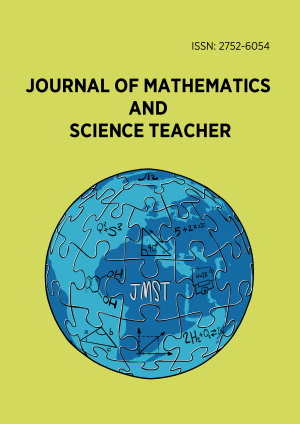Abstract
The growing concerns to accommodate large classroom sizes, lack of microteaching laboratory and inadequacy of time for every student to present and be properly assessed has affected the performance of students in micro-teaching in Nigeria. This therefore calls for different innovative approaches backed up by technology to ameliorate the problem. Thus, this study checked the comparative performance of undergraduate students in micro-teaching using Telegram and WhatsApp in collaborative learning settings in Gombe State, Nigeria. A sample of 282 students enrolled on Telegram and WhatsApp from Federal University Kashere and Gombe State University, respectively was purposively selected for the study. The two sampled groups were assigned into experimental group I (Telegram) and experimental group II (WhatsApp) in collaborative learning settings using a simple random sampling technique. The instruments for the study comprised of micro-teaching achievement test validated by experts in the field of educational technology and curriculum studies, where a split-half method of reliability was used to obtain a figure of 0.91 using Pearson product moment correlation. Descriptive statistics involving mean and standard deviation was used to answer the research questions while inferential statistics involving an independent sample t-test was used to test the null hypotheses at 0.05 level of significance. Findings revealed that while the students in both Telegram and WhatsApp platforms performed better in the post-test, a significant difference was obtained in the achievement and retention of the two groups in favor of WhatsApp. It was therefore recommended that lecturers should deploy the use of Telegram and WhatsApp in collaborative learning settings to cover for large classroom sizes and lack of micro-teaching laboratory.
License
This is an open access article distributed under the Creative Commons Attribution License which permits unrestricted use, distribution, and reproduction in any medium, provided the original work is properly cited.
Article Type: Research Article
Journal of Mathematics and Science Teacher, Volume 4, Issue 2, 2024, Article No: em063
https://doi.org/10.29333/mathsciteacher/14411
Publication date: 01 Apr 2024
Online publication date: 26 Mar 2024
Article Views: 2428
Article Downloads: 4967
Open Access References How to cite this article
 Full Text (PDF)
Full Text (PDF)